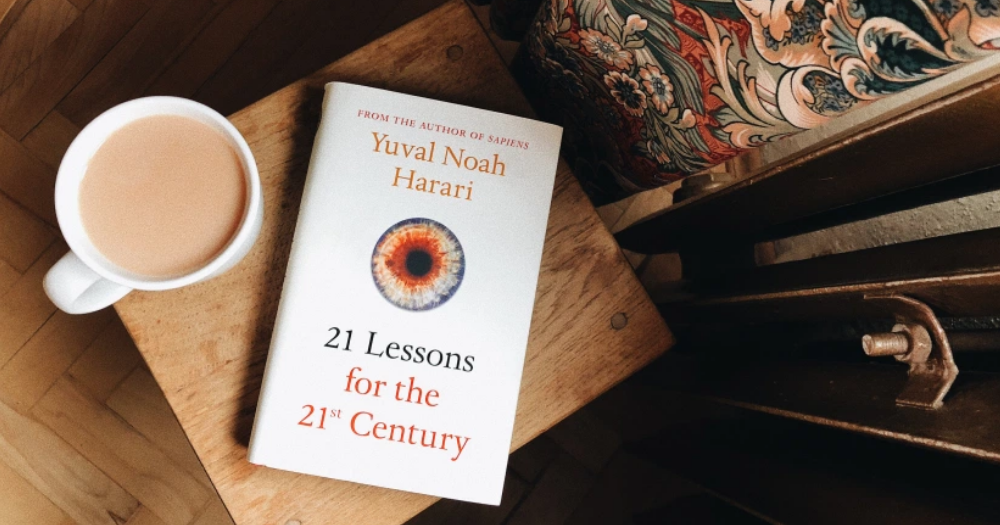21 Lessons for the 21st Century – Yuval Noah Harari
Yuval Noah Harari wrote the Sapiens and after reading Sapiens, my friend Faheem Moosa recommended that I read his other two books as well. I was looking for a paperback copy and because of the quarantine and lockdown downloaded a copy from my Kindle. Having read Yuval’s earlier book, it was easy to read and understand 21 Lessons for the 21st Century and you could relate to a lot of what he talks about through the book.
Not all men are attracted to women. It took a while to realize that he was not attracted to women, however to men. Men being attracted to women is a story created thousands of years ago. Yuval admits to being gay. A chapter on the book was dedicated to discussing Facebook and I was not sure why. However, he spurs an interesting debate on who owns the data. Is it the Government, Corporations, or Individuals. Diseases such as Alzheimer’s, Cancer, etc. could be detected early enough with data. Yuval makes it easy to understand that data will be the center of everything and will provide a corporation with a competitive edge over others. This might help in the developing worlds as there are large amounts of data available. It just needs to be used effectively.
Inequality dates to the stone age. Thirty thousand years ago, some members were buried in a sumptuous grave with jewels while others had to settle for a bare hole in the ground. If we watch a movie, just because everyone laughs, we are also forced to laugh. In Science, one could trust (for example E=MC2 is universally accepted in the world irrespective of religion, nationalism). It makes no sense to credit Judaism, Christianity, or any religion with the creation of human morality. Nations need to work together to solve global challenges (and it is so relevant with the COVID19 pandemic) and if we don’t Yuval explains that the results may be far worse than 1914 and 1939 (World Wars).
Terrorism is a theatrical stunt as opposed to some of the real problems we have including climate change. Yuval writes not to underestimate human stupidity. Humans are prone to engage in self-destructive activities. Yuval says that Humans of all creeds would do well to take humility more seriously.
Fake News: Yuval with clear examples writes on the power of fake news. For example, the universe does not like it when a brahmin marries a Dalit and this is a story created thousands of years ago, and people still believe it. Here is his great quote – When a thousand people believe some made-up story for a month that’s fake news. When a billion people believe it for a thousand years, it becomes religion.
Great Quotes from the book: A lie told once remains a lie, but a lie told a thousand times becomes the truth – quote – Joseph Goebbels, Nazi Propaganda maestro. You cannot organize a group (thousands) of people to do something or follow you without relying on some myth. If you want power at some point you will have to spread fiction.
Meditation: The book ends with a chapter on meditation and Q&A from Yuval Noah Harari. Every human being has his own feelings and it is what you feel that matters. You do not have to accept stories created thousands of years ago. Here is another great quote towards the end of the book. ‘If reality collides with the story people tell, it is best to believe reality’. It really does not matter what people think, what is more, important is what you think about yourself.
Thanks, Yuval for helping us understand the world and humans better.




Leave a Reply